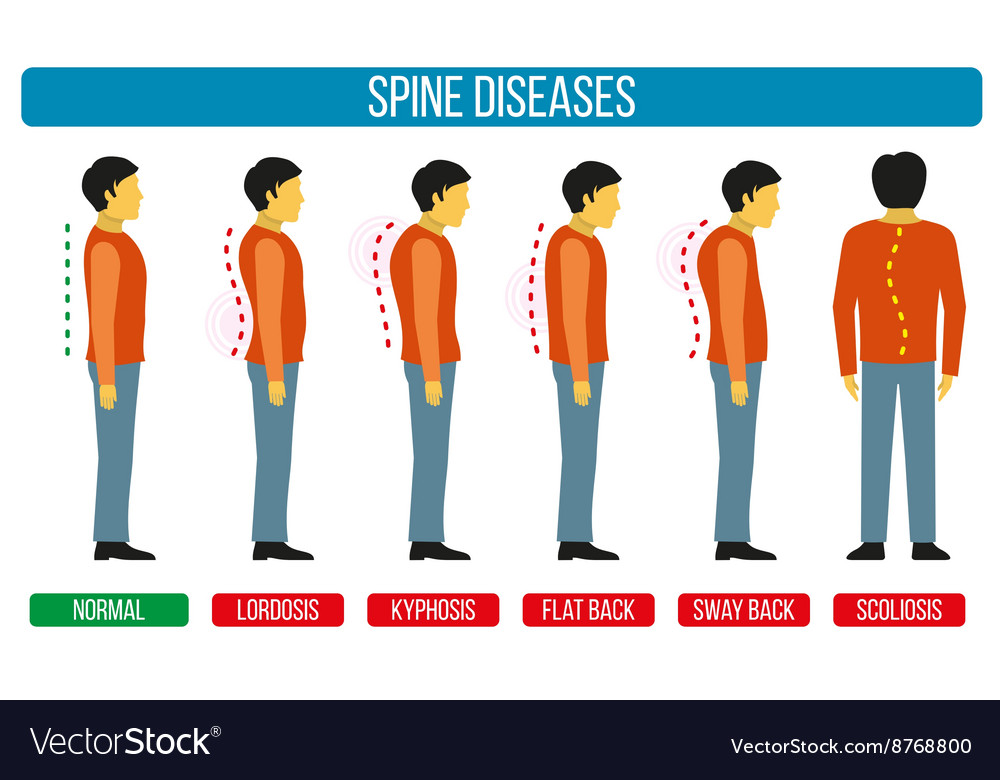Nourishment And Its Relevance In Back Pain Control: Foods To Favor And Foods To Avoid
Nourishment And Its Relevance In Back Pain Control: Foods To Favor And Foods To Avoid
Blog Article
Authored By-Cochrane Wiese
When it pertains to managing your back pain, the food selections you make can substantially influence just how you really feel each day. my lower back hurts having the ability to relieve your discomfort just by adjusting what you consume. By understanding the function of nourishment in neck and back pain administration and knowing which foods to integrate or stay away from, you can take proactive steps in the direction of a much healthier and much more comfy way of living. The link between nourishment and back wellness is more extensive than you might realize-- let's discover just how certain foods can either calm or worsen your pain in the back.
Importance of Nourishment in Back Pain
Nourishment plays an essential duty in taking care of pain in the back. Your diet plan can dramatically influence inflammation levels and general pain degrees in your back. Eating a balanced diet abundant in nutrients like vitamins D and K, calcium, magnesium, and omega-3 fatty acids can help in reducing inflammation and enhance bones, which are essential for back health and wellness.
Additionally, keeping a healthy weight through correct nutrition can alleviate anxiety on your spine, reducing the risk of neck and back pain.
Moreover, chiropractic care for headaches like antioxidants discovered in vegetables and fruits can assist battle oxidative stress and promote healing in the body, including the back muscle mass and back.
On the other hand, consuming extreme amounts of processed foods, sugary drinks, and harmful fats can add to inflammation and weight gain, exacerbating pain in the back.
Foods to Consume for Back Wellness
To support a healthy and balanced back, integrating nutrient-rich foods right into your everyday dishes is crucial. Including foods high in anti-oxidants like berries, spinach, and kale can help reduce swelling in your back, relieving pain and discomfort. Omega-3 fats discovered in fatty fish such as salmon and mackerel have anti-inflammatory buildings that can profit your back health.
Furthermore, eating nuts and seeds like almonds, walnuts, and chia seeds offers vital nutrients like magnesium and vitamin E, which support muscular tissue feature and minimize oxidative stress. Integrating lean healthy proteins such as chicken, turkey, and tofu can help in muscle fixing and upkeep, advertising a solid back.
Do not forget to consist of dairy or strengthened plant-based options for calcium to support bone health and wellness. Last but not least, moisturize with plenty of water to maintain your spinal discs hydrated and working ideally. By consisting of these nutrient-dense foods in your diet regimen, you can nourish your back and assistance general spinal wellness.
Foods to Avoid for Back Pain
Opt for preventing refined foods high in added sugars and trans fats when looking for relief from pain in the back. These types of foods can add to swelling in the body, which might intensify pain in the back. Say no to sugary snacks like candy, pastries, and sugary beverages, along with fast food products like burgers, french fries, and fried hen that are commonly filled with trans fats.
Furthermore, stay away from foods consisting of high levels of polished carbs, such as white bread, pasta, and breads, as they can increase blood glucose levels and possibly worsen swelling in the body.
It's additionally a good idea to limit your consumption of foods high in hydrogenated fats, like red meat and full-fat milk items, as they can contribute to swelling. Processed foods like delicatessens meats, chips, and packaged snacks are commonly high in saturated fats and need to be eaten in small amounts.
Conclusion
To conclude, focusing on your diet and making wise food selections can have a significant effect on managing pain in the back. By integrating nutrient-rich foods like berries, fatty fish, nuts, and lean proteins, and staying clear of refined and sweet products, you can help in reducing swelling and support on the whole back wellness. Bear in mind, what you eat plays an essential duty in how you feel, so ensure to prioritize your nutrition for a healthier back.
